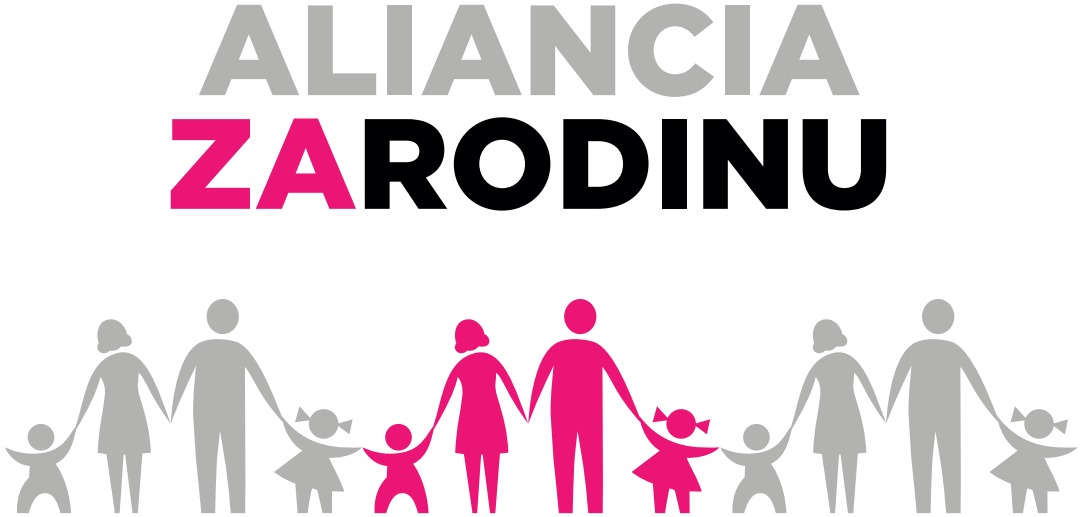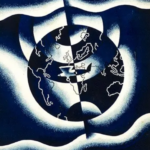If you want sign letter to EU institutions please add yout signature by filling up form bellow. Thanks.
We, the undersigned …NGOs from … EU Member States, want to express our deep concern about the upcoming judgment of the Court of Justice of the European Union (CJEU) in the Coman and others case, due 5 June 2018. This has the potential to impact EU-wide legislation on marriage and family, and to undermine the country protection of marriage as one man and one woman, which, in many EU countries, is enshrined in the Constitution. It could also lead to the imposition of adoption, by same sex couples, without any national democratic debate on the matter.
The Coman case deals with a same-sex coupe who obtained a marriage certificate in Belgium, and subsequently sought recognition from Romania. When Romania, in line with its national law, refused to consider them a married couple, they sued the government. The case was ultimately submitted to the CJEU, which is asked to define the notion of ‘spouses’ in EU free movement legislation.
Advocate General Melchior Wathelet in Coman stated, on 11 January, that:
…The definition generally accepted by the Member States, the term marriage means a union between persons of the opposite sex’, now seems to me outdated…The legal recognition of same-sex marriage does no more than reflect a general development in society with regard to the question. Statistical investigations confirm it; the authorisation of marriage between persons of the same sex in a referendum in Ireland also serves as an illustration…It is not something associated with a specific culture or history; on the contrary, it corresponds to a universal recognition of the diversity of families.
We, the undersigned NGOs send out the clear message that, if the CJEU adopts the Opinion of the Advocate General and the position of the European Commission, by which ‘spouses’ includes ‘same sex spouses’ as an autonomous definition, national marital legislation will be severely undermined.
Currently, 6 Member States (Romania, Bulgaria, Latvia, Lithuania, Poland, and Slovakia) do not have same-sex civil partnerships. Fourteen Member States define marriage and the union of one man and one woman. Six of these State shave enshrined this definition in their constitutions. However, all will be obliged, as a consequence of the CJEU’s ruling in Coman to give legal effect to ‘same sex marriage’ concluded outside their territory. If Member States are forced to recognize same-sex marriage contracted abroad, they cannot possibly maintain their own legal orders on the issue of marriage. This can be called as “ideological colonization”.
The judgment will create chaos and division, not more harmonization. The existence of two definitions of ‘spouses’ or ‘marriage’ one established internally, (through democratic voices, including referenda), and one ‘imported’ from other Member States would create a legal chaos and a conflict of norms that would even amount to overriding national Constitutions. In time, domestic definitions of marriage would become all but meaningless. It will bring resistence.
In times when the European Union stands on rocky grounds, the CJEU and other EU institutions should be cautious not to further the divide and tear European Union. Undermining national (even constitutional) definitions of marriage, and eschewing democratic processes is unacceptable for the EU project, originally founded on respect for cultural, religious and national diversity.




